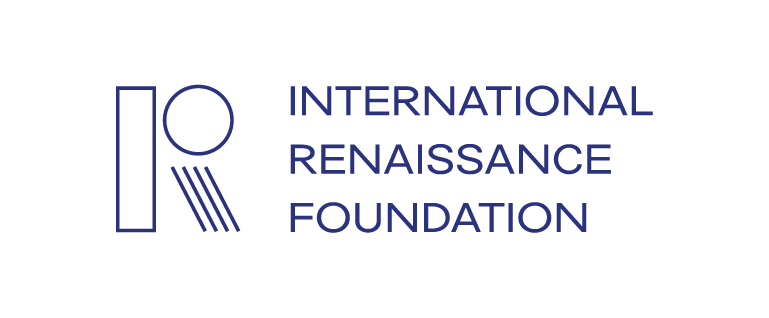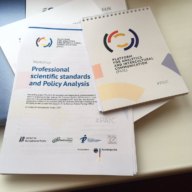2nd PAIC Workshop with representatives of Ukrainian Think Tanks: „Professional Scientific Standards and Policy Analysis“

Between 18 and 20 October this year, the Institute for European Politics (IEP) conducted the workshop “Professional Scientific Standards and Policy Analysis” for representatives of Ukrainian think tanks in Kyiv.
The 16 participants work for think tanks which are based in Kyiv as well as in other Ukrainian regions and mainly deal with social affairs, and internal and external policies. Under the guidance of IEP research associate Ljudmyla Melnyk, Oksana Huss, doctoral candidate at the Institute for Advanced Study in the Humanities and co-founder of the Interdisciplinary Corruption Research Network (ICRnetwork), and Katerina Bosko, editor of “Ukraine-Analysen” and researcher at the Research Center for East European Studies at the University of Bremen, the workshop focused on strengthening and expanding competences in policy analysis and intercultural communication.
The first part of the three day workshop was led by Oksana Huss who gave professional theoretical impulses on the preparation of target-oriented research questions as well as the structure of analytical outputs. Katerina Busko complemented the first thematic session with a practical-active part on the development of arguments. Due to high demand, the work on developing arguments will be discussed further in the following workshop.
A great part of the workshop was about research design. Since participants showed stark interest in methodological techniques, future workshops will deal with qualitative approaches in greater detail in compliance with their wishes. Additionally, a seminar is envisaged on discourse analysis and guided interviews.
Based on the study “Think Tanks in Germany and Ukraine: Differences and Perspectives for Cooperation” Ljudmyla Melnyk’s workshop on intercultural communication was well received. Building on the study’s results the session was amended with visual communication of analytical publications and skills in the communication with European partners. Intercultural differences in communication styles became visible not only in layout but also in email correspondence. For this reason, the team decided to prioritize the issue and include a seminar on corporate design for think tanks.
The three day event offered a comprehensive dealing with a great number of scientific topics. A demand for further methodological instruments and intercultural communication became apparent, which could help to strengthen competences of Ukrainian think tanks and foster cooperation between Ukrainian and German think tanks. Furthermore, a lack of objective data was registered, which can be attributed to insufficient data collection by the Ukrainian state. For instance, the last census took place in 2001 and the next one is planned in 2020.
The feedback forms suggest that participants appreciated the interdisciplinarity, high quality of seminars and the opportunity to network which was particularly valuable to representatives of regional think tanks. Depending on their interest, participants can hand in an exposé and put their newly acquired knowledge to practice. The preparation of analytic publications is peer-review supported and continues in the subsequent workshop in February 2017. Assorted policy papers will be published in a German web-based series and presented during a think tank conference in Berlin.
The workshop took part within the framework of the project “Platform for Analytics and Intercultural Communication” (PAIC) which is conducted by Institute for European Politics (IEP, Berlin) in cooperation with the International Renaissance Foundation (IRF, Kyiv), Ilko Kucheriv Democratic Initiatives Foundation (DIF, Kyiv) and the think tank initiative think twice UA (Kyiv). The project is supported by the Federal foreign office of Germany in 2017 – 2018.









